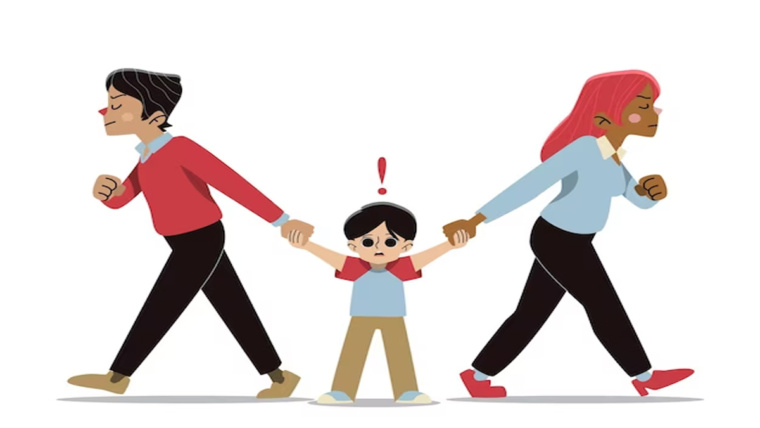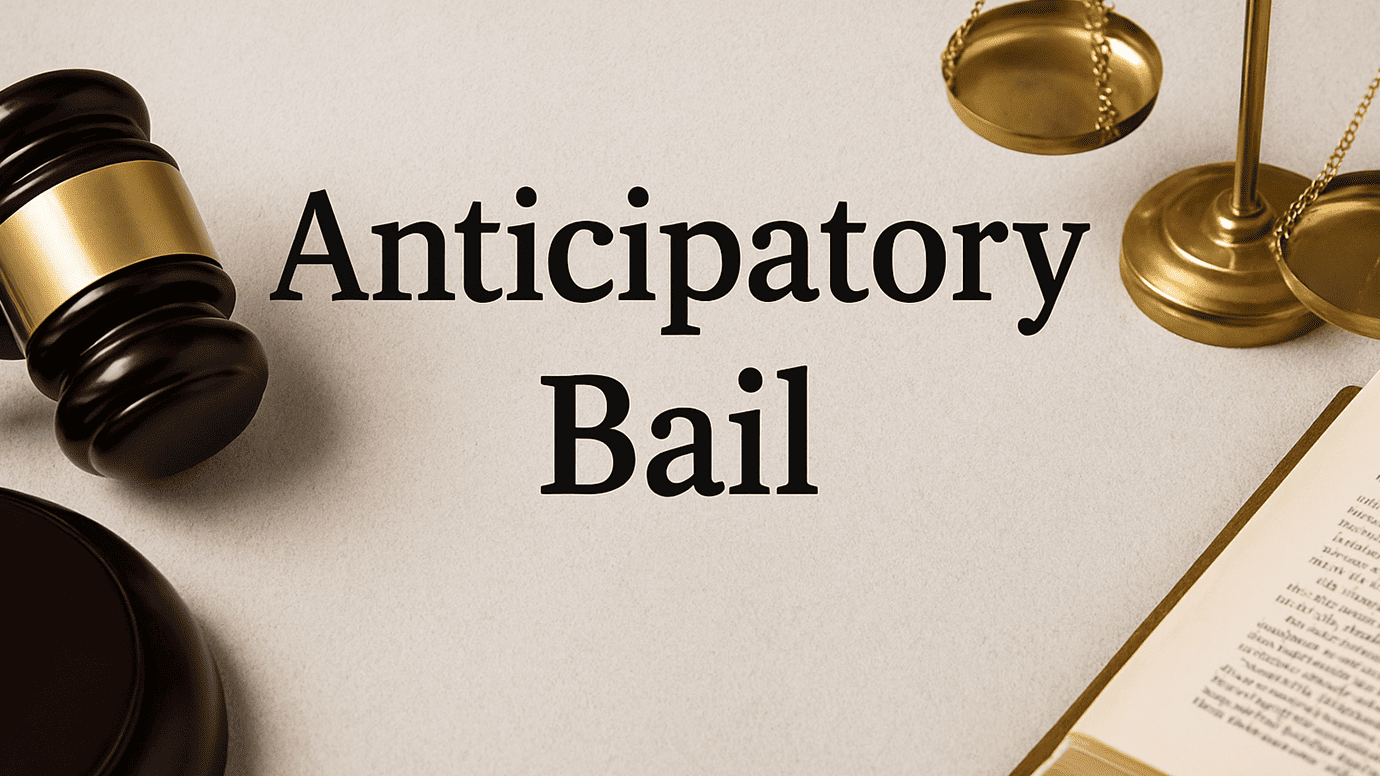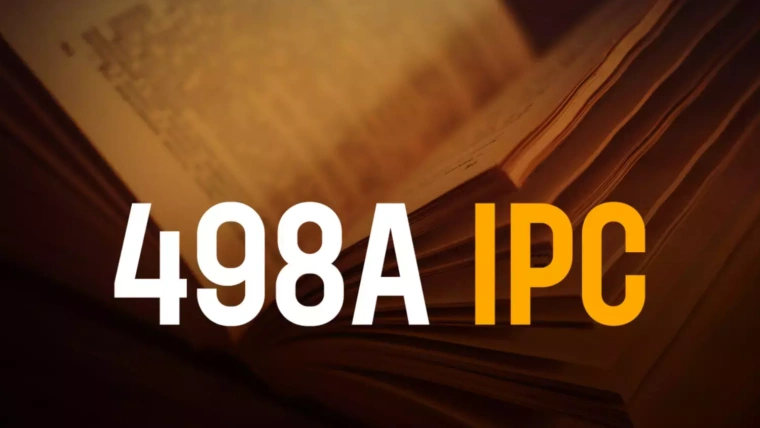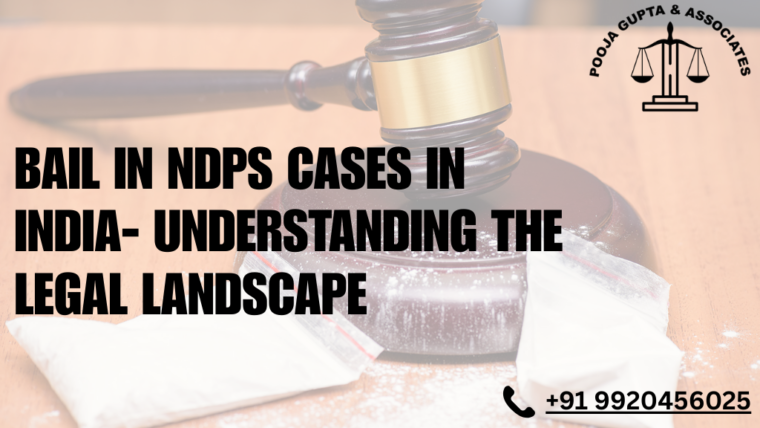Child custody is one of the most emotionally challenging aspects of divorce or separation. It determines which parent will have the legal right and responsibility to care for a child after the marriage ends. In India, the legality of child custody is guided by both…






